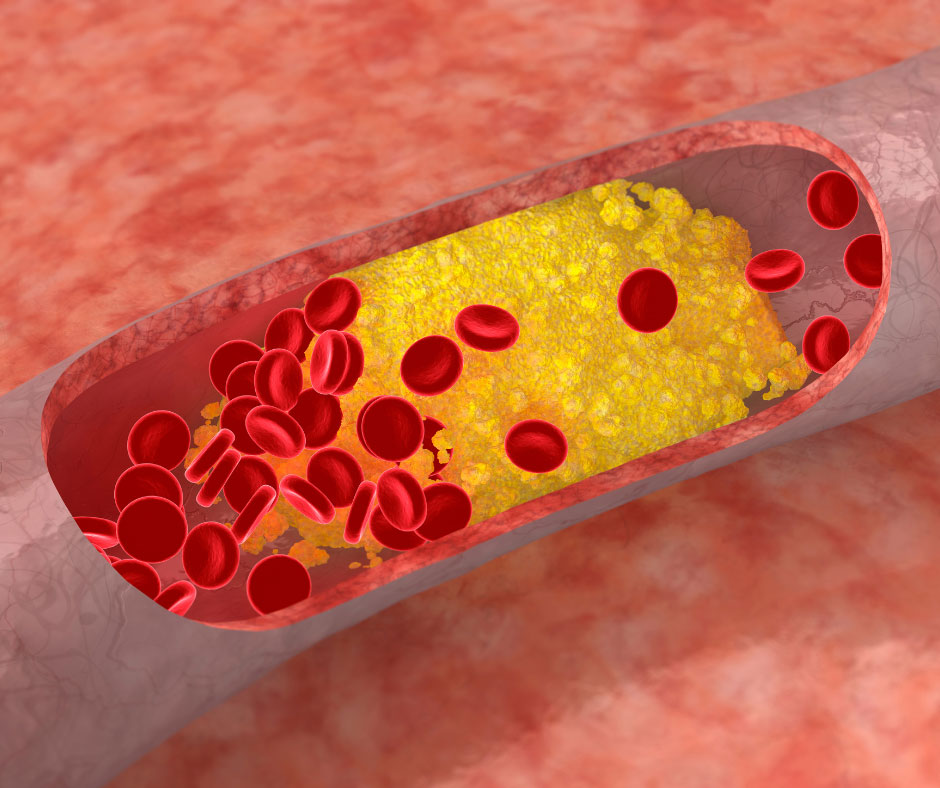Providing support for someone who has recently been diagnosed with heart disease cannot only help them cope with their diagnosis, but it can also help them make lifestyle choices that will benefit their health.
COMMUNICATE
One of the best ways that you can support a loved one who has been diagnosed with heart disease is to listen to them. They may be juggling many different emotions and just listening to them is a very simple way to show them that you care. Open communication may not only reduce stress levels, but it can also help provide the emotional support that your loved one may need while facing health challenges.
GET INFORMED
Learn as much as you can about the diagnosed condition. This way, you can ask educated questions and be a part of the conversation, which will help your family member or friend feel less alone.
SUPPORT LIFESTYLE CHANGES
Changes can be intimidating and overwhelming but many times, they are a necessary part of the healing process. Help motivate your family member or friend by making the changes along with them. Make plans to do activities together. Learn healthy recipes. Practice meditating. Having a partner along for the ride will keep your loved one inspired and consistent.
BE PRESENT
If you are able, offer to attend a medical appointment with your loved one. If you are unable to attend, help them create a list of questions or topics for them to go over with their doctor. This is also a great opportunity for you to ask their doctor what you should expect during this time. Depending on your loved one’s condition, there may be different symptoms and warning signs that you will want to look out for. It’s important to know when you need to call for help.
TAKE CARE OF YOU
Providing emotional support for someone can be psychologically taxing. You may even experience anxiety, anger, and guilt. Don’t forget to check in with yourself and take the proper steps to manage your own health. Talking to a mental health professional can help you get to a place that not only benefits you, but your friend or family member as well. It’s also important to build a support network so that you are not the only one taking care of your loved one.
References:
American Psychological Association:
https://www.apa.org/topics/chronic-illness/heart-disease
John Hopkins Medicine:
https://www.hopkinsmedicine.org/health/conditions-and-diseases/depression-and-heart-disease









